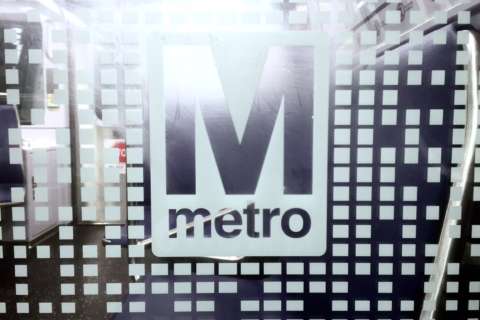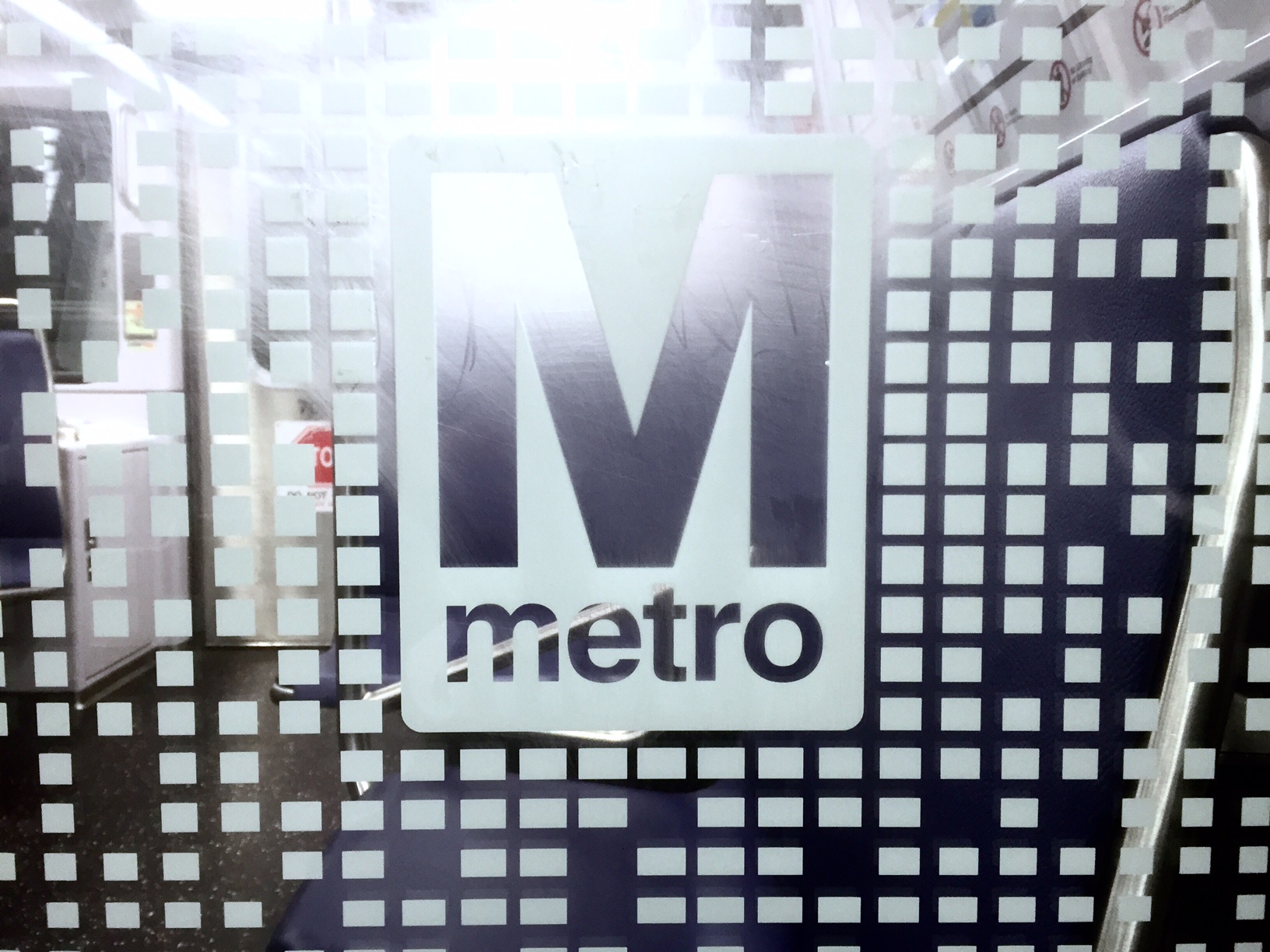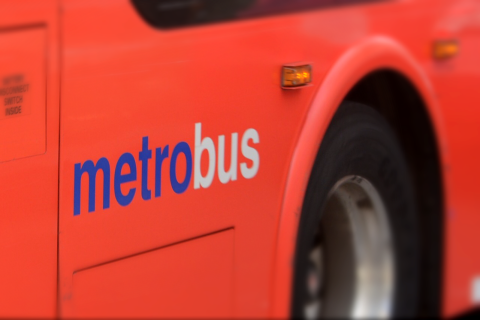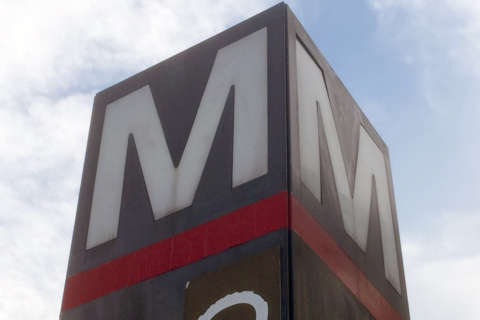
WASHINGTON — In the most significant move yet in Metro’s push to replace more employees with private contractors, the transit agency awarded an $89 million contract Thursday to operate and maintain buses out of a new garage set to open in Lorton, Va.
It could prove a setback in what had appeared to be easing tensions between Metro and its largest union. Amalgamated Transit Union Local 689 voted last month to authorize its leaders to call a strike, but expressed optimism as recently as this week about progress that had been made to address concerns.
ATU Local 689 and related groups had been pushing against privatizing the operations there ever since Metro confirmed it was looking into the idea. Metro said the change should save the system money and could provide more efficient operations.
“Today, Metro announced that it is ready to set Northern Virginia bus riders and taxpayers up for failure,” the union said in a statement.
The union charges that private contractors have failed to provide quality service for MetroAccess paratransit riders, and cites past audits that found problems with other privatized systems, such as the DC Circulator.
Metro has had its own issues.
“Most importantly, this new contract will not save the system money without cutting essential corners of safety and reliability,” the union said.
“Metro is dealing with a historic number of challenges that require attention with fierce urgency, but privatizing the system won’t address those challenges. In fact, it makes the problems worse by transferring the responsibility for public safety to a private company whose bottom line is the profit [sic],” the statement continued.
Metro and the union were separately scheduled to meet again Friday to discuss more of the issues that led to the strike authorization vote.
‘Control cost growth’
For this 76,500-square-foot garage, Metro rejected a proposal by Local 689 to operate it because, Metro said, the proposal did not meet public procurement requirements, but the agency did consider four other bids.
Metro said in a statement that the private contract is “expected to control cost growth while delivering quality service and preserving current employees’ jobs.”
Metro is not permitted to hire private contractors to directly replace union employees, and the union said the new garage would take work away from them.
“The union also plans to continue to seek a legal remedy to this blatant attempt to attack the union members, lower worker morale, and drive down the reliability of service for our riders in Northern Virginia,” the union said.
TransDev, the company awarded the five-year contract (three years guaranteed), also operates Prince George’s County’s TheBus and Loudoun County Transit in addition to other transportation services across the country.
TransDev has a unionized workforce in a number of those operations, and the new garage could be unionized through Local 689 as a separate local, or as part of a different union, if workers choose that path.
Garage to open in December
The Cinder Bed Road bus garage near the Interstate 95-Fairfax County Parkway interchange is expected to open in December, with about 140 of the privately contracted workers running a number of existing bus routes that currently run out of other garages. The garage has space for 160 buses.
Metro believes the Cinder Bed Road operations and maintenance contract will save $15 million over five years compared to previous projections as a “result of management efficiencies, and by avoiding additional pension and retirement benefits associated with hiring new employees.”
The company is allowed to offer lower compensation for workers than drivers and mechanics currently make. For drivers, Metro’s starting rate is about $19 per hour, with an average including more senior drivers of about $28.50 per hour, according to Metro’s responses to prospective bidders.
Currently, the buses are operated in conjunction with a number of other routes, but Metro estimated about 174 bus operators spend at least part of their week driving the 17, 18, 29, REX and TAGS lines that are set to operate out of the new garage.
Metro will continue to buy and own the buses, which will be operated and maintained by the private company.
The contract includes goals for on-time performance, vehicle conditions and maintenance compliance that can lead to rewards or penalties for the company.
In the past, Metro has not always stuck to the details of those initial contract awards, such as an agreement to provide additional payments to paratransit contractors to raise driver pay.
In this case, Metro told bidders that it “will respond to any request for equitable adjustment in accordance with our existing procurement procedures” in the event of any legal requirement to increase minimum pay or benefits.
Metro is also considering similarly contracting out some operations and maintenance roles for the second phase of the Silver Line. The extension from Wiehle-Reston East to Dulles Airport and Loudoun County is expected to open to riders in 2020.








